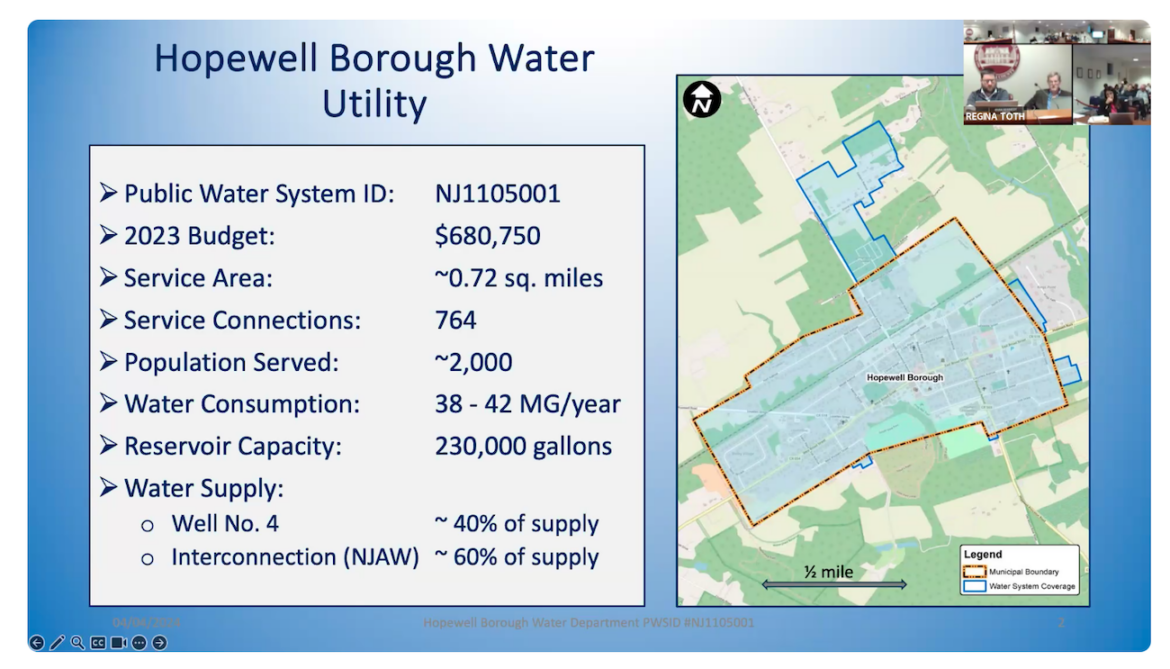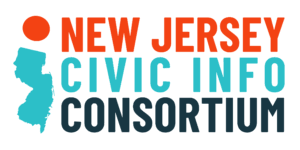Value local news?
Hopewell Valley counts on MercerMe for daily reporting. But quality journalism takes time, care, and resources—and it only continues with your support.
What You Get:
1. Exclusive Archives: Dive into 10 years of Hopewell Valley’s history.
2. Insider’s Scoop: Our monthly newsletter with behind-the-scenes updates and exclusive content.
Your support keeps Hopewell Valley informed, engaged, and connected. Together, we’re shaping a stronger community narrative, one impactful story at a time.
Aaron Twitchell
"Aaron is an ordained minister and clinical chaplain by vocation and a non-profit program director by profession. Over the years, he has worked at schools, churches, hospitals, and psychiatric institutions (wherever he can find himself among the greatest variety of people and stories). He has lived in Princeton, Pennington, Titusville, and Hopewell Borough. Regardless of where he has lived or worked, Aaron always has an ear for stories and is always on the lookout for new connections. You can find him exploring local history, speaking Spanish with anyone who will join him, and, his favorite, reading children's books to Borough tots a few times a year for the Hopewell Red Library. Aaron is married to Erica, founder and director of AdvocacyNJ. They live on Hart Ave (the other side of the tracks) with their two kids, two dogs Auggie and Tito, two cats Mango and Calliope, and a pondful of frogs."








